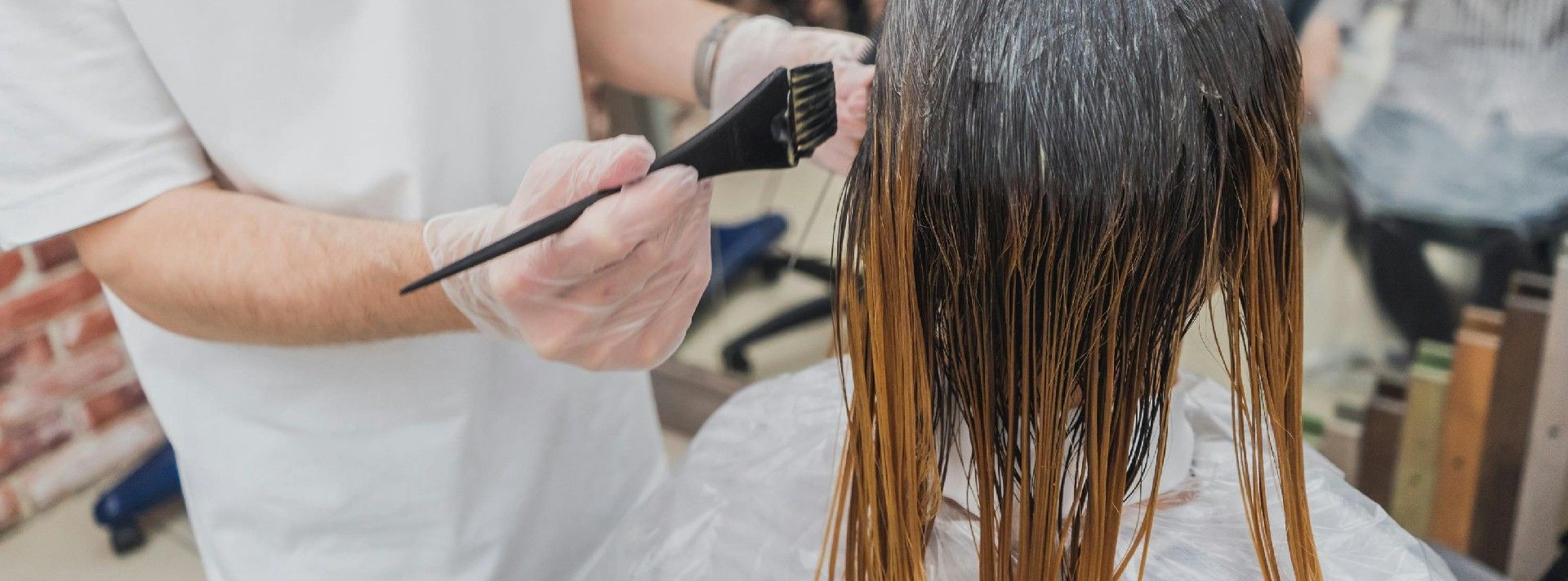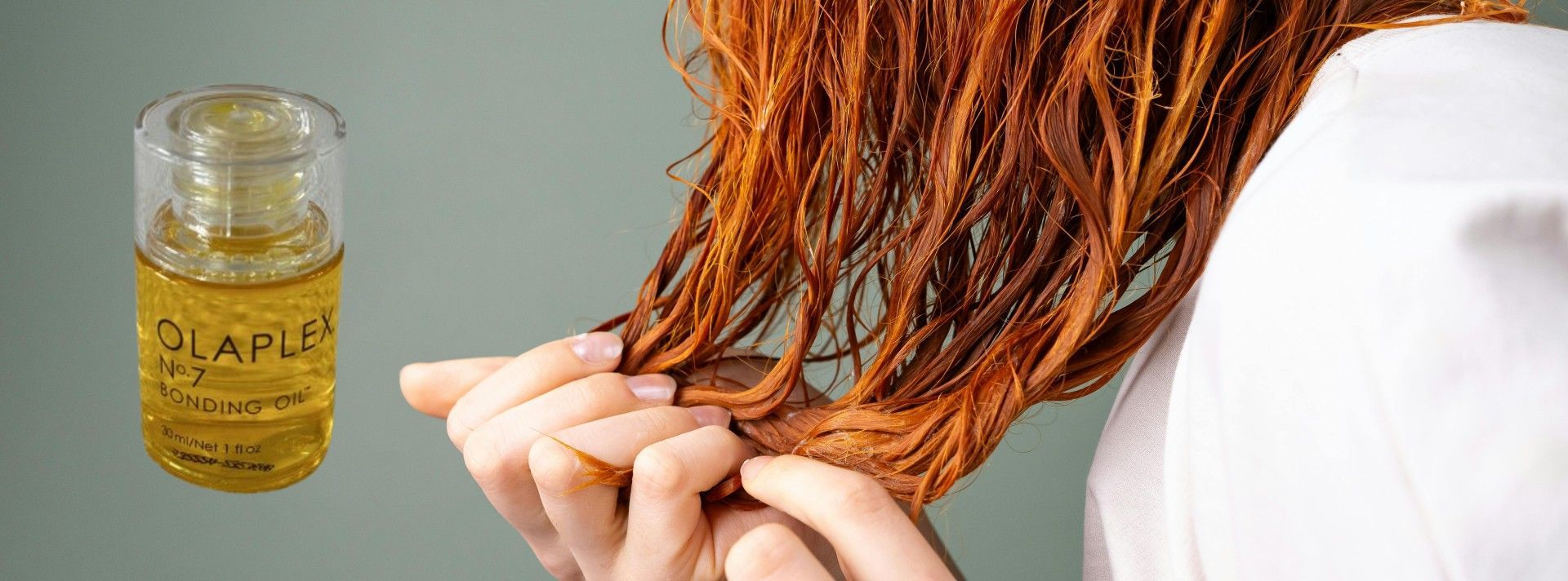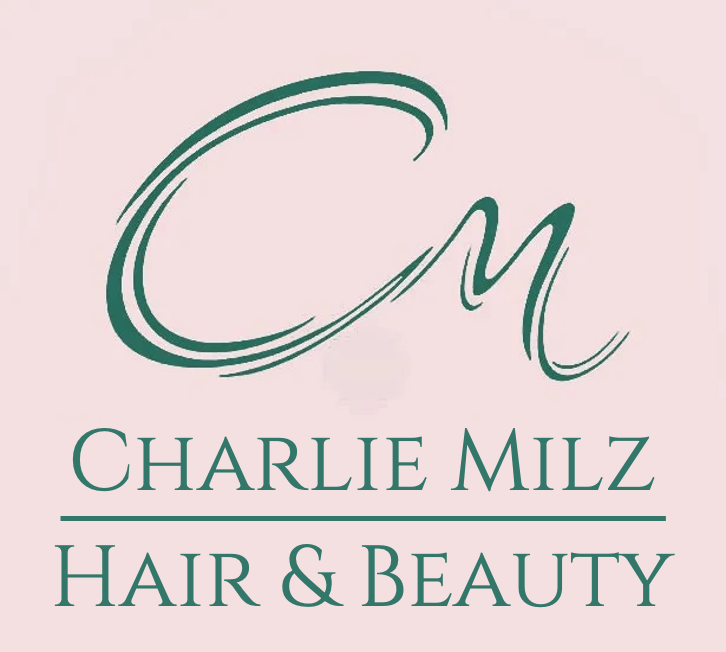Pregnancy and Postpartum Hair Loss
Pregnancy is a remarkable journey that brings about numerous changes in a woman's body, including hair.
Expectant mothers often experience a surge in hormones that can lead to a reduction in hair shedding, resulting in thicker and more lustrous locks. However, this hormonal balance is temporary, and many women face the challenge of hair loss during pregnancy and postpartum.
In this article, we will explore the hormonal factors behind pregnancy-related hair changes, the causes of hair loss during pregnancy, coping strategies during this time, the impact of postpartum on hair, and effective remedies for postpartum hair loss.
Hormones and Pregnancy: The Upside of Thicker Hair
During pregnancy, hormonal fluctuations, particularly elevated levels of oestrogen, can lead to a lengthened hair growth phase and reduced shedding.
This hormonal balance can result in thicker, healthier-looking hair that’s shiny and healthy – adding to the pregnancy glow that many women experience during pregnancy.
Healthy, luscious locks is something we all strive for, so it can be pleasantly surprising when this occurs during pregnancy, making it easier to style, go longer between washes and give a confidence boost at a time that’s needed.
Hair Loss during Pregnancy: Navigating Unexpected Challenges
Although, in some cases, even though pregnancy is commonly associated with thickened hair, some women experience hair loss during this time. The causes of hair loss during pregnancy can be attributed to various factors, including hormone fluctuations, nutritional deficiencies, and underlying health conditions. It's crucial to consult your midwife to identify the underlying cause and determine the appropriate course of action.
While pregnant, there are several steps an individual can take to minimise hair loss, such as maintaining a balanced diet, managing stress levels, and avoiding excessive heat styling or chemical treatments. You should also be taking a well-rounded antenatal vitamin that could help restore deficiencies in nutrients potentially contributing to hair loss.

Postpartum Hair: Dealing with the Aftermath
Postpartum hair loss is a common condition that affects many new mothers. Around three to six months after giving birth, hormonal shifts trigger a sudden increase in hair shedding, which can be distressing for some women.
This shedding is a result of the hair follicles entering a resting phase after being in a prolonged growth phase during pregnancy. Most experience thinning of the hair overall but also see the hairline impacted.
The good news is that postpartum hair loss is typically temporary and resolves on its own within a few months. However, if you’re experiencing extreme hair loss with no improvements, it’s best to reach out to your GP or midwife who could potentially run some tests to check if there are further underlying conditions causing this for you.
Coping with Postpartum Hair Loss: Effective Strategies:
While waiting for the hair to regain its normal growth cycle, there are various ways to manage and cope with postpartum hair loss. Incorporating a nutrient-rich diet, including foods high in vitamins A, C, D, and E, as well as iron, can support healthy hair growth.
Additionally, certain supplements, such as biotin and omega-3 fatty acids, can aid in maintaining hair health.
When it comes to hair care routines, using gentle and nourishing hair products with no harsh chemicals, avoiding excessive heat styling, and minimising traction on the hair can help prevent further damage (tight hairstyles)
Some natural remedies, like rosemary oil, have also shown promise in promoting hair growth and can be safely used during the postpartum period. By keeping a healthy scalp, and applying rosemary oil regularly (before washing out), you can see significant improvements in the quality and quantity of your hair.
If you’re still breastfeeding, it’s best to check with your midwife if you’re okay to use rosemary oil.
Accepting the Short-Term Changes
Pregnancy and postpartum hair changes are a natural part of the journey to motherhood. Understanding the hormonal factors that influence hair growth and the causes of hair loss during pregnancy can help individuals navigate these changes with confidence.
While hair loss during pregnancy and postpartum can be distressing, it's crucial to remember that it is often temporary and resolves over time. By implementing healthy lifestyle choices, seeking appropriate medical advice, and utilising effective hair care strategies, you can support your hair's recovery and regain its vibrancy and strength during this transformative period.
You may also be interested in...






